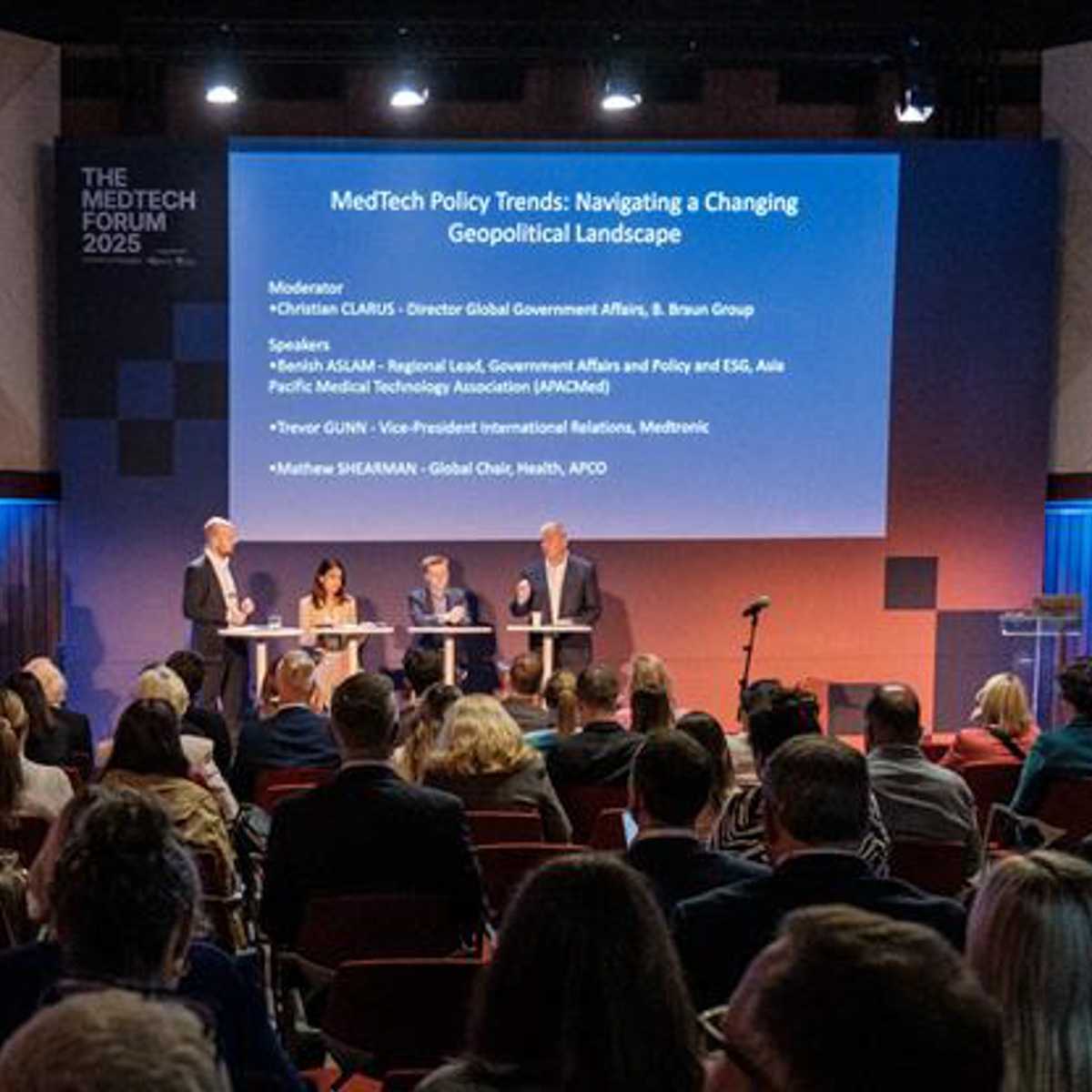

Concerns about the impact of COVID-19 are high in the Arabian Gulf, according to a recent APCO Worldwide survey. In Bahrain, 80% of people say they’re very worried or extremely worried by the coronavirus. In the UAE the figure is 70% and in Saudi Arabia, 69%.
The survey of 1,200 people in Bahrain, the UAE and Saudi Arabia—the first of its kind in the region, with responses collected up to Tuesday, March 17— also found that employees expect their companies to improve workplace hygiene (63% in the UAE, 50% in Saudi Arabia and 37% in Bahrain) and begin work from home (WFH) policies—either voluntary or compulsory (63% in the UAE, 50% in Saudi Arabia and 56% in Bahrain).
Sources of Information
Social media, government social media, health ministry announcements and the World Health Organization (WHO) were the primary sources of information in the UAE and Saudi Arabia. People in Bahrain used wider sources of information, the most frequent ones being social media, family, friends and co-workers, the health ministry and the WHO.
Only 15% of people in Bahrain looked to their employers and managers for information, dropping to 10% in the UAE and 8% in Saudi Arabia.
The reliance on official sources of information indicates the high level of trust people have in their governments. The reliance on social media is a double-edged sword—it allows governments to supplement other modes of communication with social media channels, but also poses the risk of fake news and inaccurate information gaining traction. There may be a silver lining to the high degree of worry in the Gulf—it makes people alert, engaged and receptive to information and instructions.
One area of concern highlighted by the survey is that young people are less worried about the virus, with only 27% of 16-24-year olds feeling extremely worried compared to more than 40 per cent for other age groups.
Young people are thought to be less at risk from COVID-19, which may be why they feel less concerned. However, many have regular contact with older colleagues and relatives who are more at risk. It is important that we educate them about the risks.
Private Sector
Fewer than half those surveyed felt their employers were taking a lot of measures to address the spread of the virus (47% in the UAE, 43% in Saudi Arabia and 44% in Bahrain), though many acknowledged their companies were taking some measures (30% in the UAE, 35% in Saudi Arabia and 42% in Bahrain).
However, 19% of workers in the UAE, 16% in Saudi Arabia and 12% in Bahrain felt their employers were not taking sufficient measures against the virus.
You can’t do enough to communicate to staff, to demonstrate empathy and support. Private firms should look to amplify and support government messaging.
But at the same time, actions speak louder than words. Employees expect their firms to get the basics right, with most expecting improved workplace cleaning and work-from-home policies. As employers, we must prioritise the health and wellbeing of our employees, our customers, and the communities we serve. As well as improving hygiene standards, we can move meetings and services online. And we must ensure our staff receive their financial dues.
Employees do not necessarily need—nor do they expect—messages from their company leader during this time, but they do expect clear instructions on precautions. Disruption is inevitable. What matters now is how employers manage the crisis.
Public Awareness and Precautions
In the UAE, only 51% of people feel they know a lot about preventing the spread of COVID-19. The figure is lower in in Bahrain (49%) and Saudi Arabia (46%). The survey showed nearly a third of Gulf workers had gone to work when sick or had contact with others who might be sick.
Employees in the UAE and Saudi Arabia were better at taking less inconvenient precautions, with more than 80% of Gulf workers washing hands more frequently, more than three-quarters covering coughs or sneezes, and at least 70% disinfecting surfaces.
However, only half of those surveyed in Bahrain were taking even these basic precautions.
Actions recommended by Gulf governments differ from country to country and is constantly evolving to best contain the outbreak. It’s important that companies keep up to date, make plans accordingly and make sure their staff are properly informed of precautions and company expectations.
Another area of concern is that just over half of the people surveyed in the UAE and Saudi Arabia said they would go to an emergency room if they noticed symptoms. Only 36% of people in the UAE would follow government recommendations and contact the established public health hotline, potentially putting unnecessary burdens on the healthcare system and indicating a lack of understanding of the protocols to follow in case of infection.
Conclusions
The report indicates an opportunity for Gulf governments to establish open, consistent and regular communications about the situation through real-time, mobile and live channels, leveraging social media.
There is an urgent need for official awareness campaigns to show people how to help prevent the spread of the disease and what symptoms are important. People also need to be better aware of what they should to if they develop symptoms, emphasising reporting to an electronic channel to report potential cases, enabling remote filtering.
The private sector has a big role to play in raising awareness, and firms should amplify and support government messages.
Watch this webinar that discusses the research highlighted in this post.
Coronavirus Beat: Middle East Webinar from APCO Worldwide on Vimeo.


